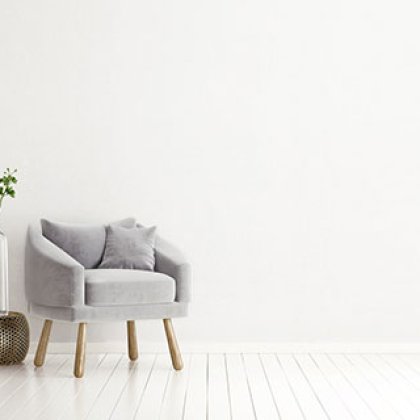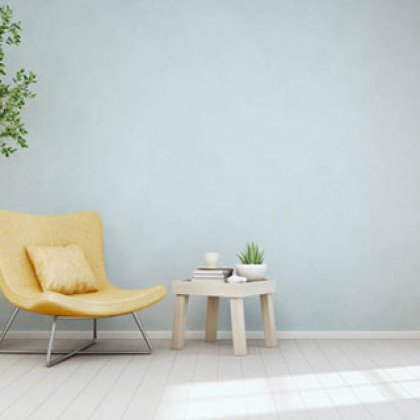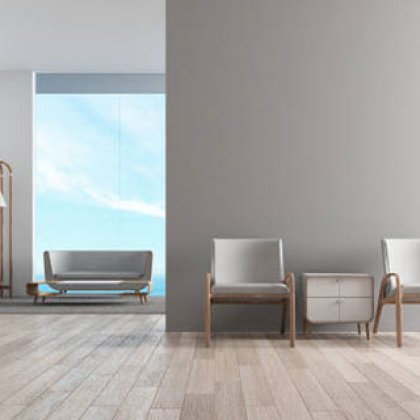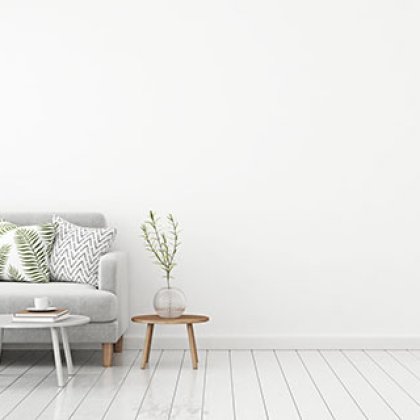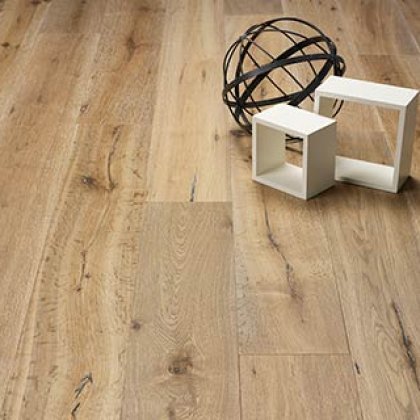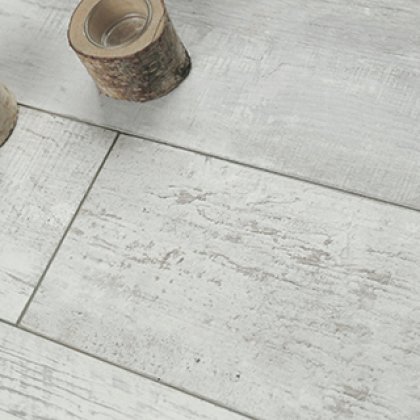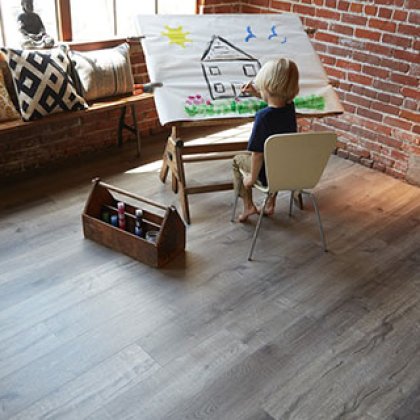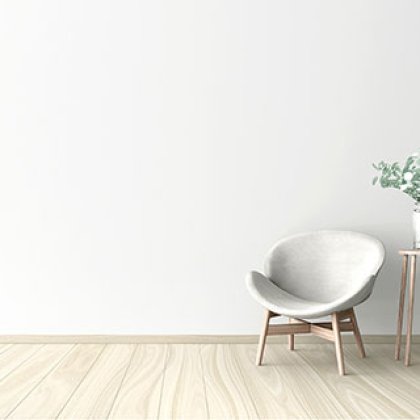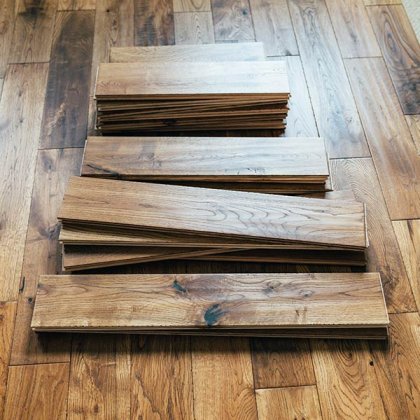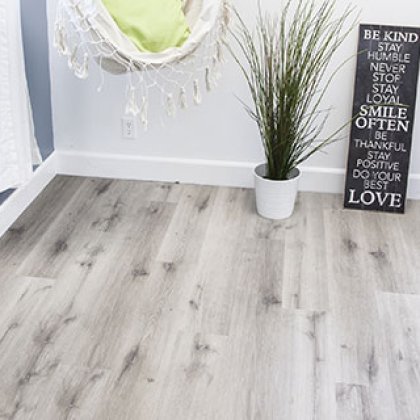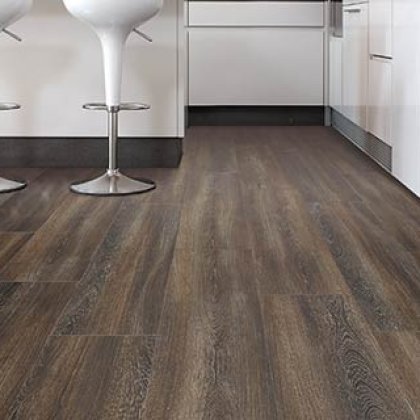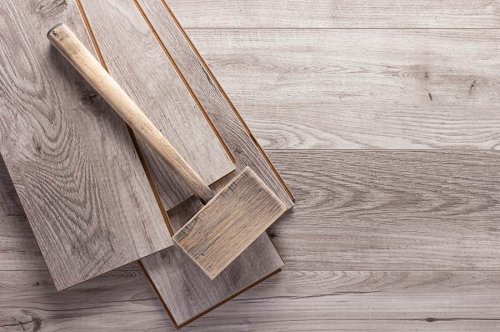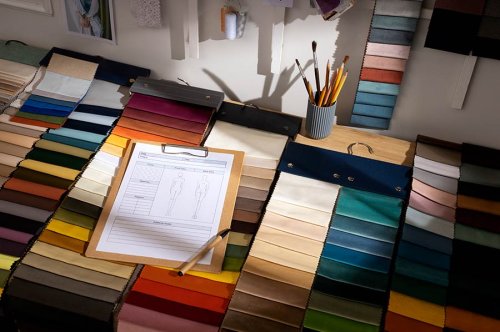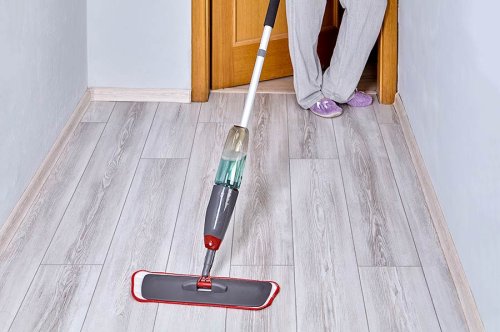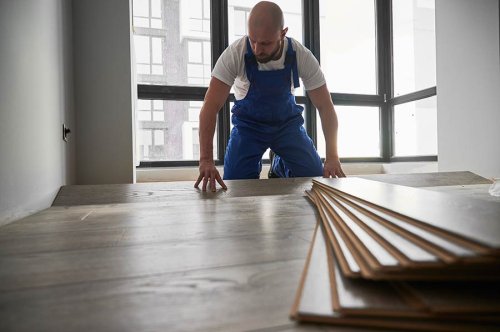Laminate vs Vinyl Flooring: Which is Right for You?
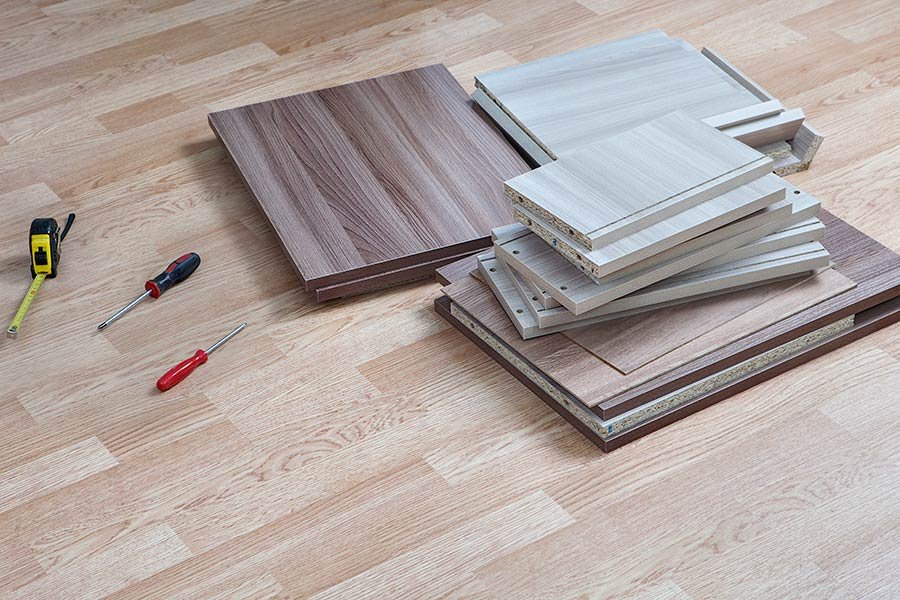
Did you know 70% of homeowners struggle to choose between laminate and vinyl flooring, with considerations ranging from stone floors, underlayment, subfloor, to the type of planks? Both options offer unique benefits, making the decision tough. Laminate flooring, known for its durability and stylish appearance, stands up well against scratches and spills. On the flip side, vinyl flooring boasts exceptional water resistance and comfort underfoot, making it perfect for kitchens and bathrooms. So, whether you're renovating your home or just refreshing a room, understanding the key differences between these two popular flooring choices can guide you to the best option for your space.
Key Takeaways
- Laminate flooring is great for rooms with less moisture, and it looks like real wood.
- Vinyl flooring is best for areas with a lot of water, like kitchens or bathrooms.
- Laminate and vinyl both have easy DIY installation options, but vinyl is a bit easier to cut and fit.
- For cleaning, vinyl is simpler to maintain since it's waterproof. Laminate needs a bit more care to avoid water damage.
- Think about where you will put the floor. High moisture areas? Go with vinyl. Want a wood look in a dry room? Choose laminate.
- Always follow the maker's guide for installing and taking care of your flooring to make it last longer.
Overview of Laminate Flooring
Synthetic Product
Laminate flooring is a man-made solution. It combines several layers. These include a fiberboard core and a photographic layer. This layer gives it a real wood look.
Most laminate planks have a protective top layer. This makes them durable. They resist scratches and wear.
Wood-Like Appearance
The photographic layer of laminate can mimic many materials. It often looks like hardwood or ceramic tile. This makes laminate floors versatile in design.
They offer the beauty of hardwood without the high cost, through laminate products like laminate flooring and vinyl planks. This makes them popular in homes.
Affordability
Laminate is known for its cost-effectiveness. It provides a stylish look at a lower price than solid hardwood or tile, making laminate flooring and luxury vinyl flooring options attractive for those seeking affordable flooring material.
Its installation costs are also lower. Many people can install laminate floors themselves. This saves money on professional installation.
Durability
Laminate floors are tough. They stand up well to daily use.
These flooring options, including laminate flooring, luxury vinyl flooring, and hardwood, are resistant to stains and fading from sunlight. They work well in busy areas of a home.
Overview of Vinyl Flooring
Vinyl Versatility
Vinyl flooring stands out for its versatile nature. Unlike laminate, vinyl can mimic various materials. This includes wood, stone, and ceramic. Homeowners love laminate flooring and vinyl flooring because it lets them get the look they want with luxury vinyl and laminate products without the high cost. Vinyl comes in sheets, planks, and tiles. Each type has its own benefits.
Sheet vinyl is quick to install. It often needs just one or two large sheets. This means fewer seams and less water seepage risk. Plank vinyl, laminate flooring, sheet vinyl, and vinyl tiles offer a more customizable approach than hardwood products. They let you create unique patterns and designs on your floor.
Water Resistance
One of vinyl's strongest features is its water resistance. This makes it ideal for bathrooms, kitchens, and basements. Unlike laminate flooring, which can warp when wet, vinyl holds up well against spills and moisture, making it a suitable layer for home hardwood floors. Luxury vinyl planks and tiles even have a waterproof core. This makes them even more resistant to water damage.
Style Variety
Vinyl floors come in a wide range of styles and textures. You can find luxury vinyl products that look almost identical to real hardwood or stone but at a fraction of the price. The variety doesn't stop at looks. Vinyl flooring, laminate, and hardwood also offer different levels of thickness and durability. This means there's a vinyl option for nearly every need and budget.
Key Differences Between Laminate and Vinyl
Water Resistance
Vinyl flooring outshines laminate when it comes to water resistance. This makes vinyl a better choice for areas that get wet often, like bathrooms and kitchens. Water can damage laminate easily because it's not as resistant as vinyl flooring, including sheet vinyl and luxury vinyl.
Vinyl's superiority over laminate flooring in handling liquid spills is due to its synthetic material composition. It can resist moisture much better. Laminate, though durable in many aspects, falls short here.
Installation Methods
Laminate floors typically use a click-lock system. This makes laminate flooring and luxury vinyl flooring easy to install without the need for glue. On the other hand, vinyl offers more flexibility. You can either glue it down or click it together, similar to laminate.
The installation difference between laminate flooring and luxury vinyl flooring plays a big part in your decision. It affects both the time and effort required. Glue-down vinyl might offer more stability but requires more prep work.
Comfort and Feel
Vinyl flooring feels softer underfoot compared to laminate. This is due to its composition and the backing material used in laminate flooring, vinyl flooring, and luxury vinyl. For homes where comfort is key, vinyl might be the better option.
Its softer feel doesn't compromise on quality or durability. Vinyl, much like laminate flooring, still stands up well against daily wear and tear. Laminate might offer a harder surface, which some people prefer for a more solid feel underfoot.
Installation and Maintenance Tips
Installation Ease
For those considering laminate or vinyl flooring, installation is a key factor. Vinyl floors offer remarkable ease of installation. Many products, including vinyl flooring, laminate flooring, and luxury vinyl, feature a peel-and-stick method, making them DIY-friendly. Laminate, while still manageable for the homeowner, often requires a click-and-lock system. This might need more effort but ensures a snug fit between planks.
Vinyl's flexibility allows it to handle heat and water better. This makes vinyl flooring, including luxury vinyl and laminate flooring, suitable for all rooms, including bathrooms and kitchens. For laminate, using a moisture barrier in damp areas can protect its lifespan.
Regular Maintenance
Both laminate and vinyl flooring types boast low maintenance, yet they have different care needs. Regular sweeping and mopping keep both looking fresh. However, laminate floors demand caution with water to avoid damage. Spills should be wiped up quickly.
Vinyl and laminate flooring are more forgiving with spills and water, thanks to their water-resistant qualities. Still, avoiding harsh cleaners will maintain its sheen.
Manufacturer Guidelines
It's wise to check the manufacturer's guidelines for specific care instructions for laminate flooring and vinyl flooring. Each brand might have unique recommendations to ensure the durability of their product. For instance, certain cleaning products may be advised against to prevent harm to the floor’s surface or backing.
Summary
Choosing between laminate and vinyl flooring boils down to your needs, budget, and style preferences. Laminate shines in durability and feel, mimicking real wood with a hard surface. Vinyl takes the lead in moisture resistance and comfort, perfect for bathrooms and kitchens. Both options offer easy installation and maintenance, making them great for busy homes. Think about where you'll install it, how much you want to spend, and what look you're going for, considering laminate flooring and vinyl flooring.
Now's the time to decide. Whether you lean towards the classic appearance of laminate or the versatility of vinyl, your perfect floor awaits. Dive into your flooring project with confidence, knowing you're well-informed. Still got questions? Reach out to a laminate or vinyl flooring expert or visit your local home improvement store. Your dream space is just a choice away.
Frequently Asked Questions
What are the main differences between laminate and vinyl flooring?
Laminate flooring is made from composite wood pressed together at high temperatures, while vinyl flooring is a synthetic material. The key differences between laminate flooring and vinyl lie in their composition, durability, and water resistance, with vinyl being more water-resistant.
Is laminate or vinyl flooring easier to install?
Vinyl flooring is generally considered easier to install than laminate. Vinyl flooring often comes with a peel-and-stick installation option, whereas laminate flooring requires a careful locking process of the planks.
Can laminate flooring be used in bathrooms or kitchens?
Due to its susceptibility to moisture damage, laminate flooring is not recommended for bathrooms or areas with high moisture levels, unlike vinyl. Kitchens can be suitable if spills are cleaned up immediately.
How do I maintain laminate and vinyl flooring?
Maintaining both types of flooring involves regular sweeping or vacuuming and occasional mopping. Avoid excessive water on laminate and vinyl floors and use mild cleaners specifically designed for each type of flooring to prevent damage.
Which is more durable, laminate or vinyl flooring?
Vinyl and laminate flooring tend to be more durable when it comes to resisting scratches, dents, and moisture, making them ideal for high-traffic areas and homes with pets or children.
Does vinyl flooring increase home value like laminate?
While both options, including vinyl, can enhance the appearance of your home, laminate flooring may offer a slight edge in increasing home value due to its resemblance to hardwood. However, high-quality vinyl can also be appealing to potential buyers.
Is there a significant cost difference between laminate and vinyl flooring?
The cost of vinyl flooring and laminate flooring can vary widely depending on the quality and design of the materials. Generally, basic laminate and vinyl flooring are comparable in price, but luxury vinyl can be more expensive due to its enhanced durability and aesthetic qualities.

